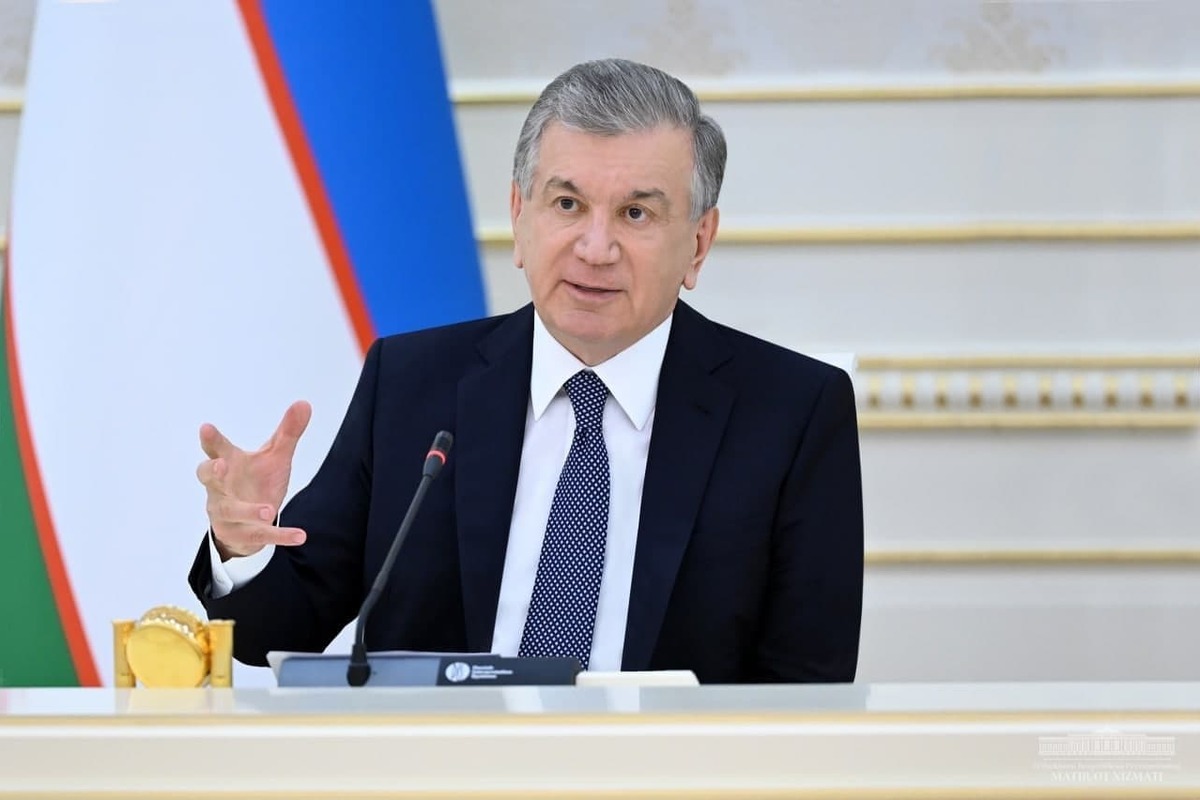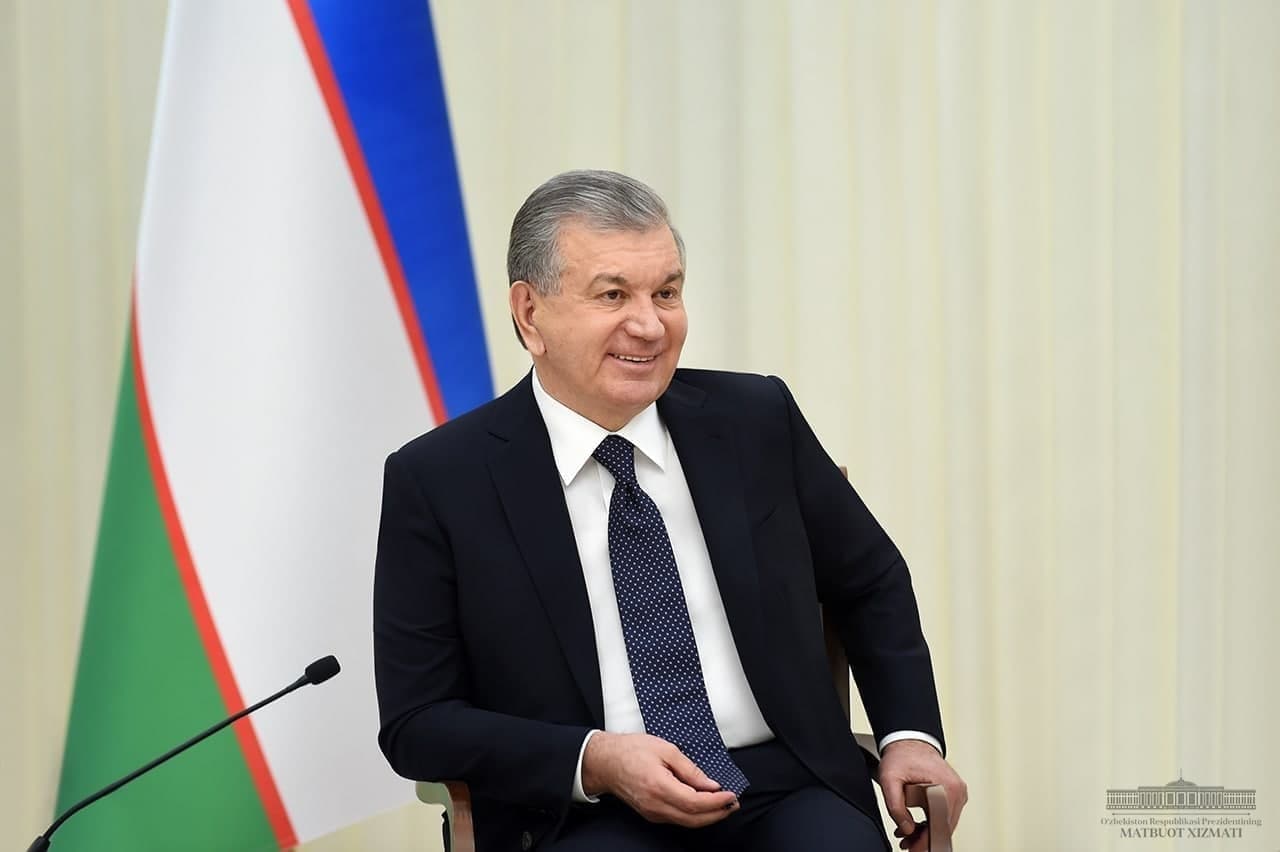Uzbekistan, home to 36 million inhabitants in Central Asia, has undergone a remarkable shift, emerging as a prominent international player. The country is actively expanding its global trade, attracting foreign investments, and promoting tourism. It’s incredible to think that merely a decade ago, Uzbekistan operated as a closed authoritarian state with barriers for foreign investors and alarming cases of forced labor, particularly in the cotton industry.
Mirziyoyev’s Strategic Leadership: Driving Profound Change

Born into a family of medical professionals in 1957, Shavkat Mirziyoyev‘s diverse career path, from academia to various administrative roles, granted him deep insights into Uzbekistan’s economic landscape. Taking office in 2016, Mirziyoyev instigated far-reaching reforms, releasing political detainees, enabling currency convertibility, streamlining bureaucratic procedures for businesses, and fostering stronger global partnerships.
Economic Renaissance through Foreign Investment
Following Uzbekistan’s separation from the USSR in 1991, the nation inherited a Soviet-style economic structure with outdated industries and a nascent consumer goods sector. Coupled with rapid population growth and a dearth of job opportunities, many Uzbek citizens sought work abroad. Mirziyoyev’s strategic vision focused on revitalizing the economy through foreign investments and privatizing state-owned assets, with Germany emerging as a significant European partner. Over the past two years, Uzbekistan attracted over $2.5 billion in German investments, hosting around 200 German-affiliated companies within its borders.
Driving International Trade: Catalyst for Progress
Uzbekistan, known for its exports of cotton, uranium, gold, fruits, and vegetables, historically monopolized the production and export of numerous goods. Under Mirziyoyev’s leadership, coerced cotton harvesting was abolished, enabling private and foreign investments in cotton processing and textiles. Germany stands as Uzbekistan’s primary European trading partner, with bilateral trade reaching $1.2 billion last year, largely propelled by German exports of industrial equipment and Uzbek imports of agricultural produce, textiles, and apparel.
Embracing Sustainable Energy Initiatives
To reduce reliance on fossil fuels and modernize the economy, Mirziyoyev aims to raise the share of renewable energy to 40% of Uzbekistan’s energy mix by 2030. Collaborating actively with Europe, China, and the Middle East, Uzbekistan is embracing new solar and wind power initiatives. Taking cues from Germany, the country introduced competitive bidding for projects aimed at reducing electricity costs. Additionally, households installing solar panels receive state subsidies, marking substantial progress toward adopting sustainable energy practices.
Future Trajectory for Uzbekistan
Mirziyoyev recently endorsed Uzbekistan’s 2030 Development Strategy, a collaborative roadmap aimed at doubling GDP, boosting exports, enhancing education and healthcare, and elevating citizens’ incomes above the global average. The nation aims to attract $110 billion in foreign investments to achieve these objectives, with Germany anticipated to play a pivotal role in this transformative journey.
Under Shavkat Mirziyoyev’s strategic guidance, Uzbekistan undergoes an extraordinary transformation marked by openness, economic diversification, and heightened global competitiveness, promising a prosperous future for the nation and its citizens.

